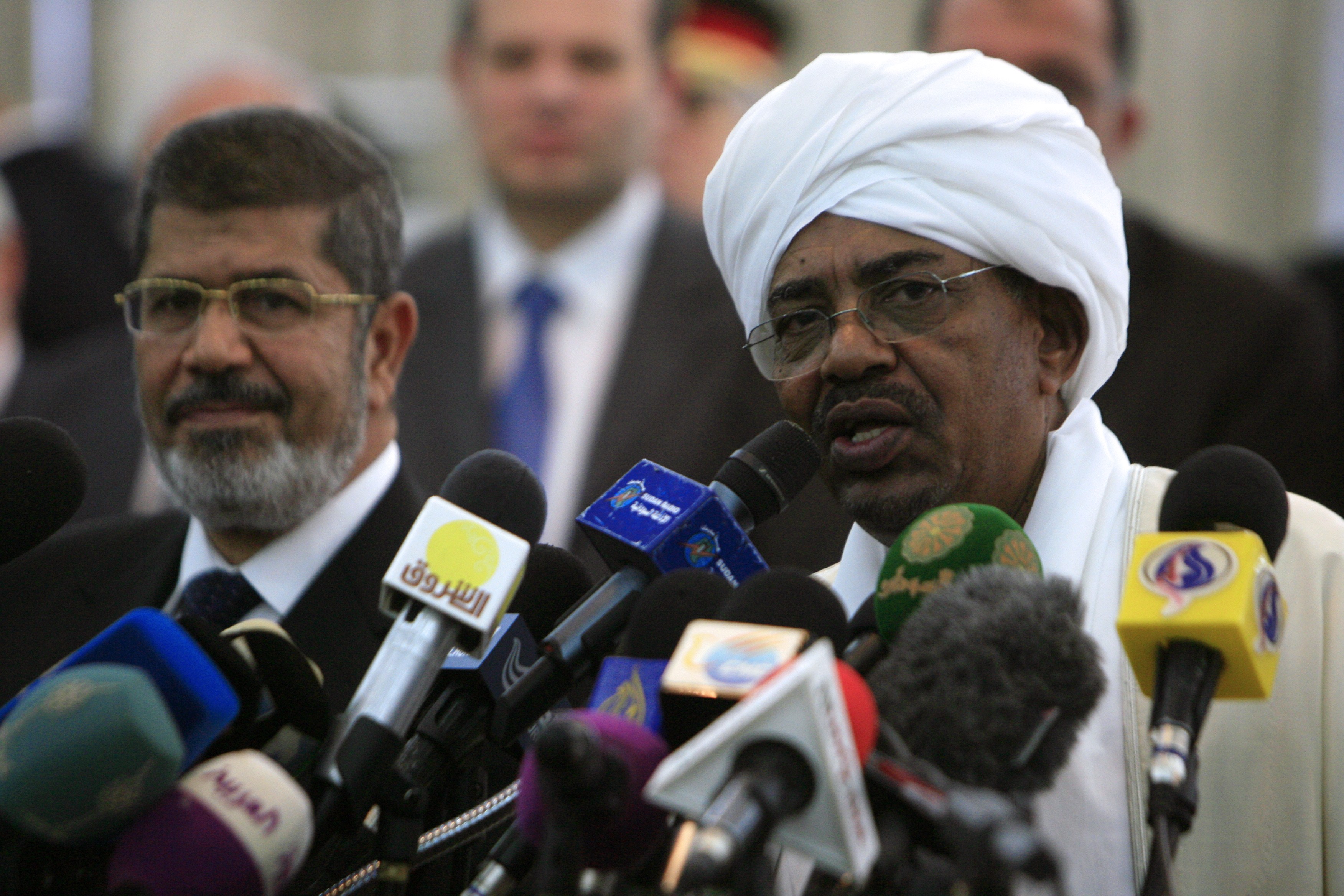Sudan is rich in cultural, ethnic and racial diversity. The country’s 48 million people come from 56 ethnic groups, with over 595 sub-ethnic groups, speaking more than 115 languages.
This plurality has shaped urban development patterns and the country’s socio-political landscape.
Take, for instance, Khartoum. The Sudanese capital historically drew traders from different ethnic and cultural backgrounds. Each placed a distinctive stamp on the cityscape.
These range from Ottoman-style Islamic architecture to the narrow alleys, small windows and colourful clothes peculiar to African ethnic groups. The city symbolises Sudan’s cultural mosaic in architecture and urban planning.
However, Khartoum is also a domain of ethnic and cultural division.
This dates back to the period of the Mahdist state (Mahdiyya), which ruled Sudan from 1881 to 1898 and challenged the colonial ambitions of Britain and Egypt. The Mahdist state made Omdurman (Umm Durman) its new capital on the western side of the River Nile, and developed the city around the ethnic structure of its army.
A colonial plan for Khartoum followed in 1910, triggered by the governor-general of Sudan, Horatio Kitchener. It had three segregated zones to accommodate Europeans, elites and ordinary locals.
These decades of interplay between diversity and urban planning in Sudan fostered vibrant cityscapes. But spatial segregation has continued, creating socio-cultural divisions and uneven urban growth.
Drawing on my experiences as an educator, researcher and practitioner in urbanism in Sudan, I argue that failure to use urban planning to manage diversity has worsened ethnic and racial divisions. It has fanned conflict and discontent in Sudanese society.
Embracing diversity
Urban planning is supposed to improve residents’ quality of life. It strategically organises physical spaces and land use. It optimises resources and livelihoods, and promotes social equity.
It holds immense potential to manage diversity and reconstruct a resilient and prosperous Sudan.
This isn’t to say urban planning can single-handedly resolve Sudan’s conflict. Peace requires a shared commitment to silence the guns and build political stability and security.
Yet the way diversity is managed makes it either a virtue or a curse.
In my view, there are three avenues through which urban planning can positively manage diversity to help prevent conflict:
- by celebrating multiculturalism.
- by boosting regional integration and resource management.
- by ensuring effective governance and public participation in urban spaces.
What Sudan got wrong
Colonial and post-independence planning practices in Sudan attempted to forge a national identity. However, this was done by suppressing ethnic diversity, and disintegrating cultural values and their spatial footprints.
After independence from Egypt and Britain in 1956, Sudan’s ruling elites rejected the demand from southern Sudan for a federal system. This would have created a united Sudan but allowed different regions to maintain their integrity, culture and traditions. The ruling elite instead adopted an “Arab Islamic” identity to create a homogeneous society.
This was among the reasons for the eruption of the first civil war in southern Sudan in 1955.
And in Darfur, infringements of communal land ownership rights fuelled violent conflict. This extended to southern Sudan and Khartoum.
The Khartoum Public Order Act of 1996 (repealed in 2019) was another misjudgement. It discriminated against citizens based on their cultural and gender identities. The public order rules were vague and open-ended, leaving them open to exploitation for social control.
Rebuilding a post-war Sudan
Urban planning should follow the principles of economic, social and physical integration.
- Economic integration ensures equal access to employment, education and resources.
- Social integration provides affordable housing, diverse neighbourhoods and accessible social infrastructure.
- Physical integration encourages social interaction and breaks down barriers.
These principles help create vibrant, harmonious cities that cater to the needs of diverse populations and future generations. They can be put into practice through three avenues.
1. Celebrating multiculturalism and diversity
This requires rethinking urban spaces to embrace inclusivity, particularly where ethnocultural ties transcend national boundaries. Inclusive neighbourhoods, mixed-use developments and accessible public spaces promote interaction and foster belonging. Such developments help build understanding, empathy and trust among different communities, preventing community fracturing that leads to unrest.
2. Regional integration and resource management
Sudan has experienced unequal urban growth and the depopulation of rural areas. To address this, the country’s long-term development visions and plans should aim for equitable development. These plans should take into account marginalised regions which may have ethnic populations that extend beyond national borders. A planning vision that transcends the scope of a single nation and seeks a regional approach is indispensable. Regional integration can restructure urban spaces, mobility systems and production patterns. This would foster self-sufficiency and integration.
Urban planning can also address resource management concerns – such as land ownership and economic opportunities – that trigger tension and conflict. Transparent mechanisms for resource allocation can help mitigate conflict arising from scarce resources. In Sudan, this would have helped improve regional employment prospects, reducing a reliance on paramilitary activities for income.
3. Effective governance and public participation
Participatory urban planning improves governance. It empowers historically marginalised groups like young people, women, rural communities, informal settlers and minorities through public engagement. This enables them to address their grievances and secure opportunities for meaningful dialogue. The process generates enthusiasm for shaping, financing and managing urban spaces.
Public engagement harnesses local knowledge and culture. It advocates for policy transformation to address systematic inequalities and safeguard rights. Transparent and accountable governance complements these arrangements, promoting equality and preventing tension.
Ibrahim Z. Bahreldin, Associate Professor of Urban & Environmental Design, King Abdulaziz University
This article is republished from The Conversation under a Creative Commons license. Read the original article.



